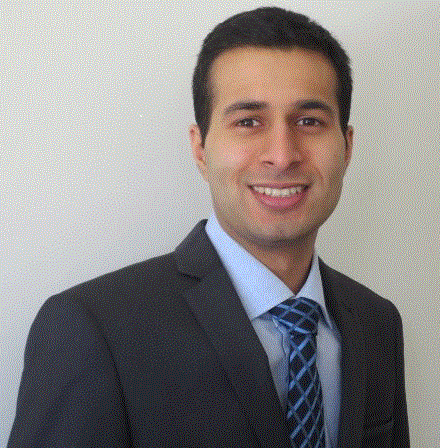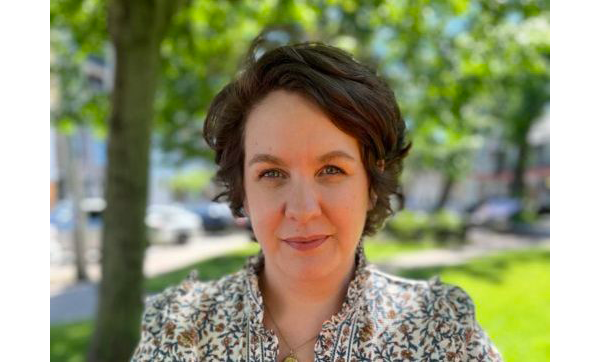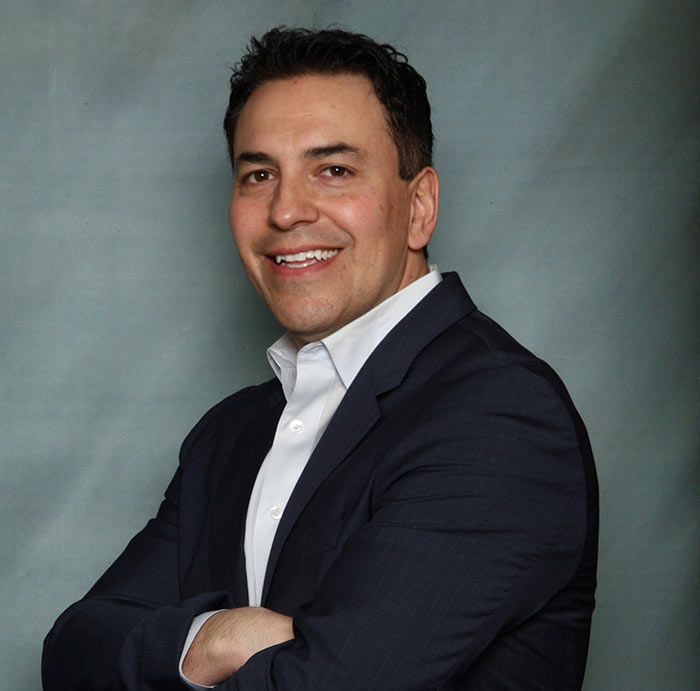

Karmesh Patel first became interested in international trade during childhood. His interest was twofold, as he was fascinated by trade’s importance to both the global economy and international development.
“Growing up, I was always passionate to learn about importing and exporting and how the world economy relies on international trade. I also strongly believe that before the rapid development of technology that we see today, it was the international movement of goods and people that helped spread international culture and language. When you look into history, many civilizations were developed near oceans and international borders, since they were able to capitalize on transportation of goods and people.”
To pursue this interest as a career path, he earned his Bachelors of Commerce from Ryerson University, with a specialization in global management studies. During his studies, he worked on projects that gave him his first experience of what exporting companies have to deal with on a daily basis, and won a Global Citizen award from the school for his accomplishments both in the classroom and the community. After finishing his degree, he then also earned a post-graduate certificate in international development from Humber College.
Moving halfway around the world to pursue his career goals
Once he completed his studies, Karmesh wanted to improve his knowledge of international business and cultures, and decided the best way to do so would be to gain international experience. To do so, he accepted a position as Program Manager with the TATU Project, based on Moshi, Tanzania.
The organization’s focus is sustainable development in rural communities in northern Tanzania. His responsibilities mainly involved managing project finances, social business projects and the transport of goods to the rural communities he worked with. The final of these responsibilities led to one of the most memorable stories of his career to date.
“One of the major bridges we crossed on a regular basis was under construction and we were faced with a big challenge, because we needed to transport bulk goods to the community. Given that we were not provided with a concrete time frame for when the bridge would be repaired, and that we couldn’t purchase too much food in bulk, because of spoilage, we had to make some critical decisions.”
“Luckily, during the construction of the main bridge, the local administrative government built a small temporary bridge for the purpose of walking or driving via motorcycle only. When we spoke to local officials about our dilemma, local youth overheard and offered to help transport bulk bags of goods via motorcycle, since the overall goal was to help keep the local community and its businesses operating. Due to our bridge dilemma, we decided to work with the local youth to transport goods to our community stakeholders.”
“I really like this story because it shows you how community support and collaboration and help overcome any obstacle.”
Learning online at his own pace to further his career in international trade
Still passionate about international trade, he began taking the FITTskills online courses to continue learning about the industry, earn his FITT Diploma and expand his career options.
“I had a wonderful experience taking the FITTskills courses. The FITTskills courses all provided highly detailed information and really helped me further understand each area of international trade. They are perfect for anyone who is interested in gaining a broad-spectrum perspective about international trade and business. I found the material in the Global Value Chain and International Sales and Marketing courses really helped me excel in my Program Manager role with the TATU Project.”
His favourite course, International Market Entry Strategies, was also helpful for his current work and in helping him plan to make a career dream come true.
“I found learning about the research and analysis required to choose the most advantageous market entry strategy to be very fascinating. This course demonstrated the reality of what international businesses have to go through to be prepared for a new business venture.”
“Another key reason why this was my favourite course is that it has always been my goal to be part of a foreign direct investment team/organization implementing a greenfield investment in a foreign market. This course provided detailed information and helped me gain knowledge on how I can make this dream come true one day.”
Joining the Livingston team and the CITP community
Early in 2018, shortly before earning his FITT Diploma, Karmesh began his current job as a Cross Border Agent with Livingston International, one of North America’s biggest customs broker and freight forwarding companies. His responsibilities include processing electronic manifests, resolving shipment issues with CBSA (Canadian Border Services Agency) and CPB (U.S. Customs Border Protection), and ensuring shipments are in compliance with all relevant rules and regulations.
He says his role has helped him develop a better understanding of North America’s international trade traffic. His FITTskills training has also been helpful in settling into the role.
“I found that the Feasibility of International Trade course really helped me, as the course provide in-depth knowledge of creating an export plan and clearly explained import/export procedures.”
Wanting to prove himself to his clients and employer, Karmesh also successfully applied for the CITP®|FIBP® designation. He is optimistic it will help him stand out from the crowd, as well as learn from and connect with others.
“I chose to apply for the CITP designation because I wanted to join the CITP community, meet fellow designation holders and learn from some of the industry’s elite. As a young international trade professional, the designation also provides me with a further level of credibility for my employers and clients. I foresee my CITP designation playing a major role in assuring employers and clients of my credibility in international trade and business.”
With the credibility the CITP designation provides, I know I am one step closer of achieving my long term goal to implement a greenfield investment in a foreign market. I also foresee the CITP designation helping me start my own international business to help small agriculture business owners in developing countries.
![]() LinkedIn: Karmesh Patel, CITP
LinkedIn: Karmesh Patel, CITP
Learn more about the CITP®|FIBP® designation
INTERNATIONAL BUSINESS CERTIFICATION—CITP®|FIBP®
Advance your career and build your professional credibility in the field of global business by earning the Certified International Trade Professional (CITP) designation.
Why Earn the Certified International Trade Professional (CITP) Designation?
The Certified International Trade Professional (CITP) designation is the world’s leading professional designation for the field of international business. So whether you’re new to global trade or have over a decade of direct experience, you’ll find the CITP designation can help advance your career and build your professional credibility.
The CITP designation sets you apart in the competitive international business industry because it’s proof you possess the competencies global business experts have identified as being essential for a successful career in international trade. It also recognizes your dedication to ethical business practices and ongoing professional development—both of which are desirable traits for today’s global business practitioners.







disqus comments